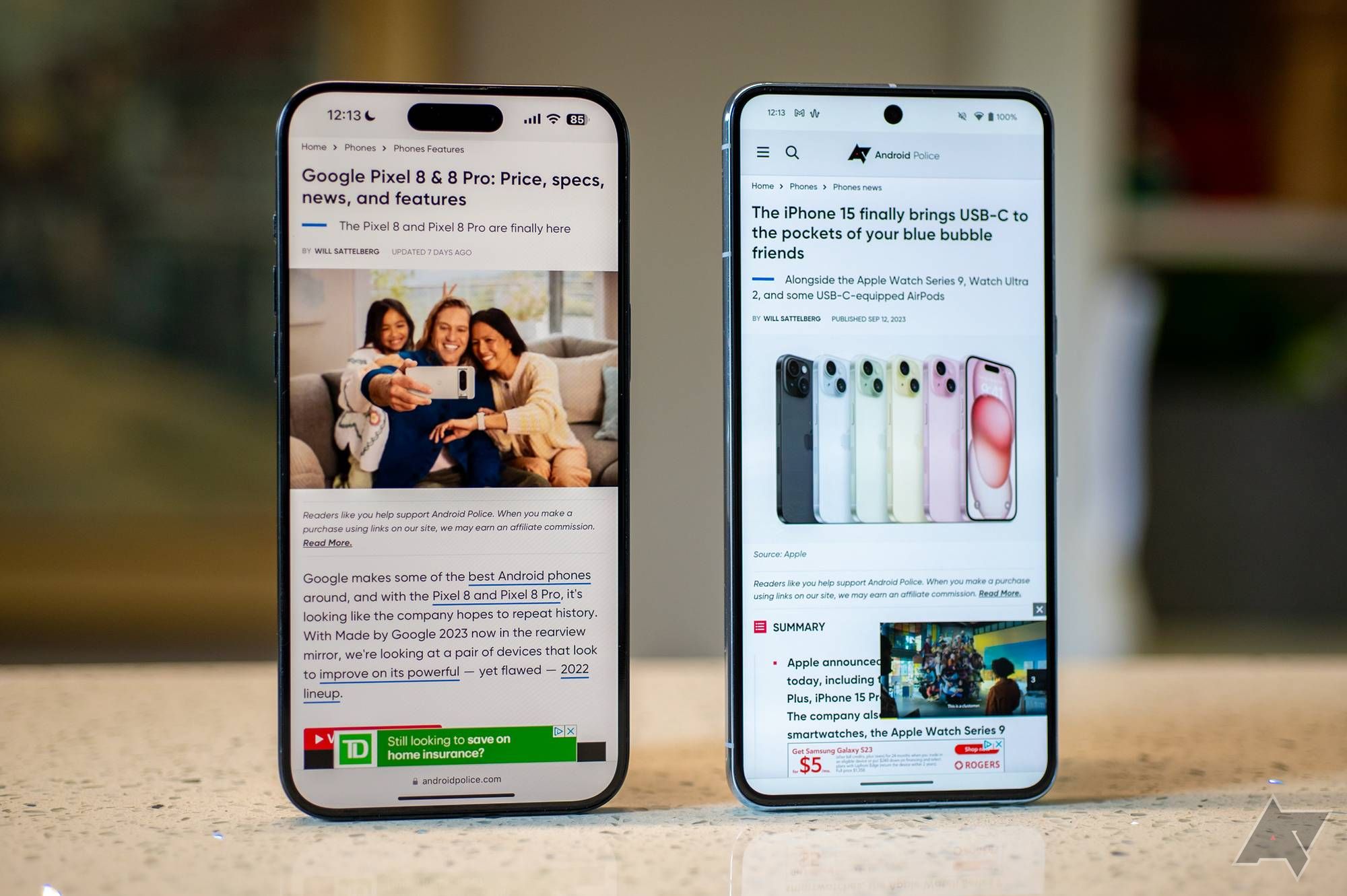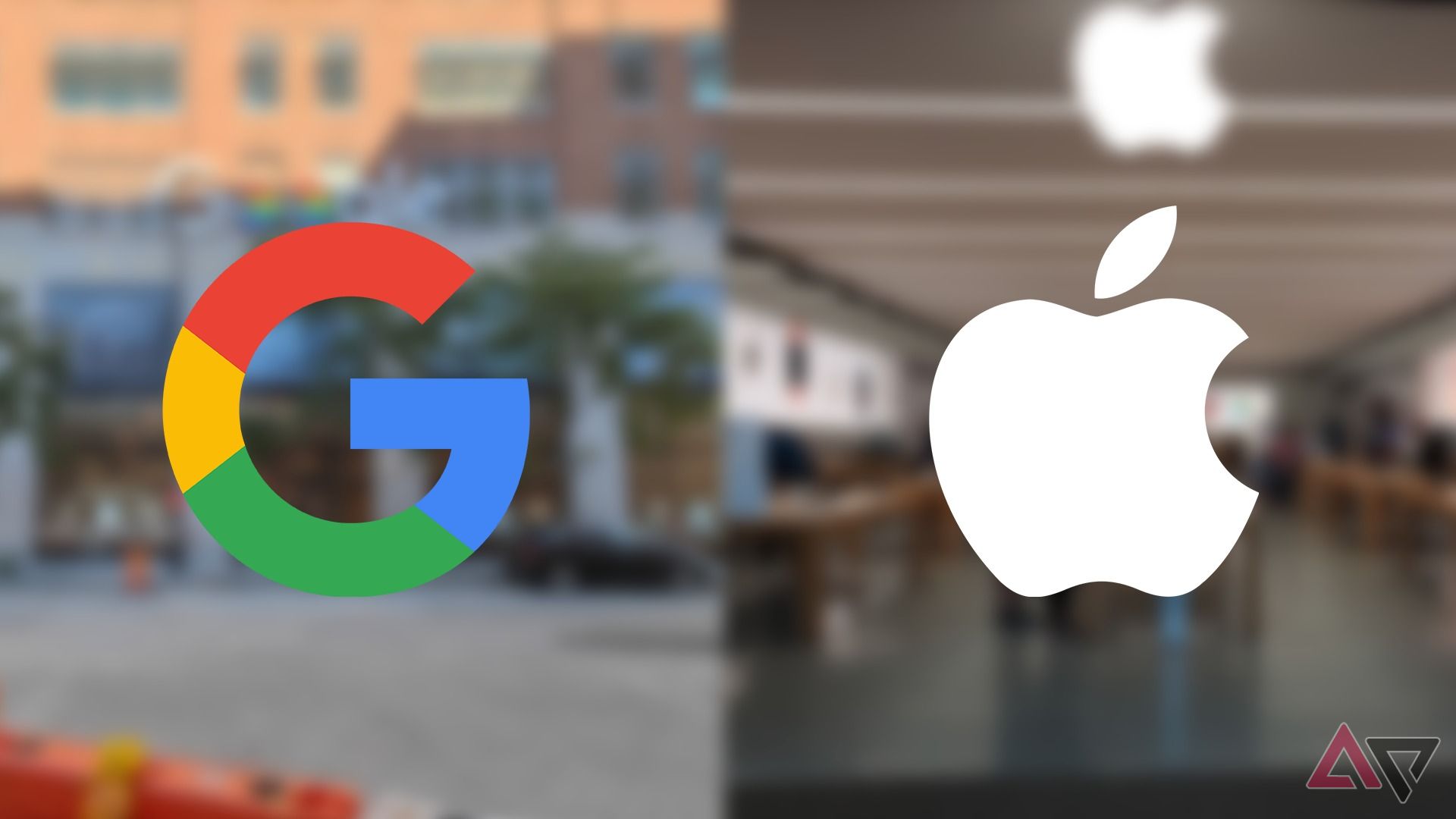The US is one of the few countries where most people still text from their telephone number instead of using a secure messaging app like WhatsApp. This is partly due to carriers offering free SMS messaging with their plans in the early days of smartphones, but most of us following the mobile industry blame it on one thing: the dominance of iMessage in America. This and other aspects of Apple’s walled garden, like its reluctance to fully support non-Apple Watch wearables, are being called into question in a new antitrust case filed by the US Justice Department today.

Android isn’t cool with teenagers, and iMessage is a big reason why
Nearly 9 in 10 US teenagers use an iPhone, spelling disaster for Google’s mobile future
As reported by The New York Times, the lawsuit filed Thursday alleges that Apple violated antitrust laws by employing tactics intended to keep users from switching away from iPhones and Apple services. Among these are that Apple allegedly “undermines” the ability of iPhone users to message Android users by limiting iMessage interoperability and creating the “green bubble” divide, something the suit alleges was done to diminish the perceived value of Android phones and other iPhone alternatives.
The Justice Department also alleges that Apple worked to create a monopoly for itself by limiting the iPhone’s ability to work with smartwatches other than the Apple Watch. While iPhones work with Wear OS watches for basic tasks like mirroring notifications and Bluetooth connectivity, watch apps that require an associated smartphone app to be installed are not fully functional when the wearable is paired with iOS.
 Some elements of this lawsuit are similar to the EU’s recent DMA mandate
Some elements of this lawsuit are similar to the EU’s recent DMA mandate
Another allegation in this suit mirrors the sentiment of some elements in the European Union’s recent Digital Markets Act, a mandate that forced Apple to make a few drastic changes to how iOS works in the region. While the same rules applied to Android, Google had to make fewer changes to its operating system as a result of the DMA’s passage, as things like browser choice and sideloading apps were already built into Android. While the US lawsuit doesn’t appear to cover issues like sideloading, it does allege that Apple’s restrictions around mobile payments are anticompetitive, as the company doesn’t allow other payment apps to utilize the iPhone’s secure NFC chip in the US.

Apple was forced to make a more open version of iOS for the EU — here’s how it looks
The EU forced Apple to open up its platform, but there isn’t much to see right now
The Justice Department also cites Apple’s reluctance to support game streaming on the iPhone as another monopolistic practice. The suit claims that Apple refuses to allow such games on its platform because doing so would offload computing power to the streaming game’s servers, eliminating the need to regularly upgrade to a new iPhone with a powerful processor when games start to become too advanced for the old one.




 Some elements of this lawsuit are similar to the EU’s recent DMA mandate
Some elements of this lawsuit are similar to the EU’s recent DMA mandate 